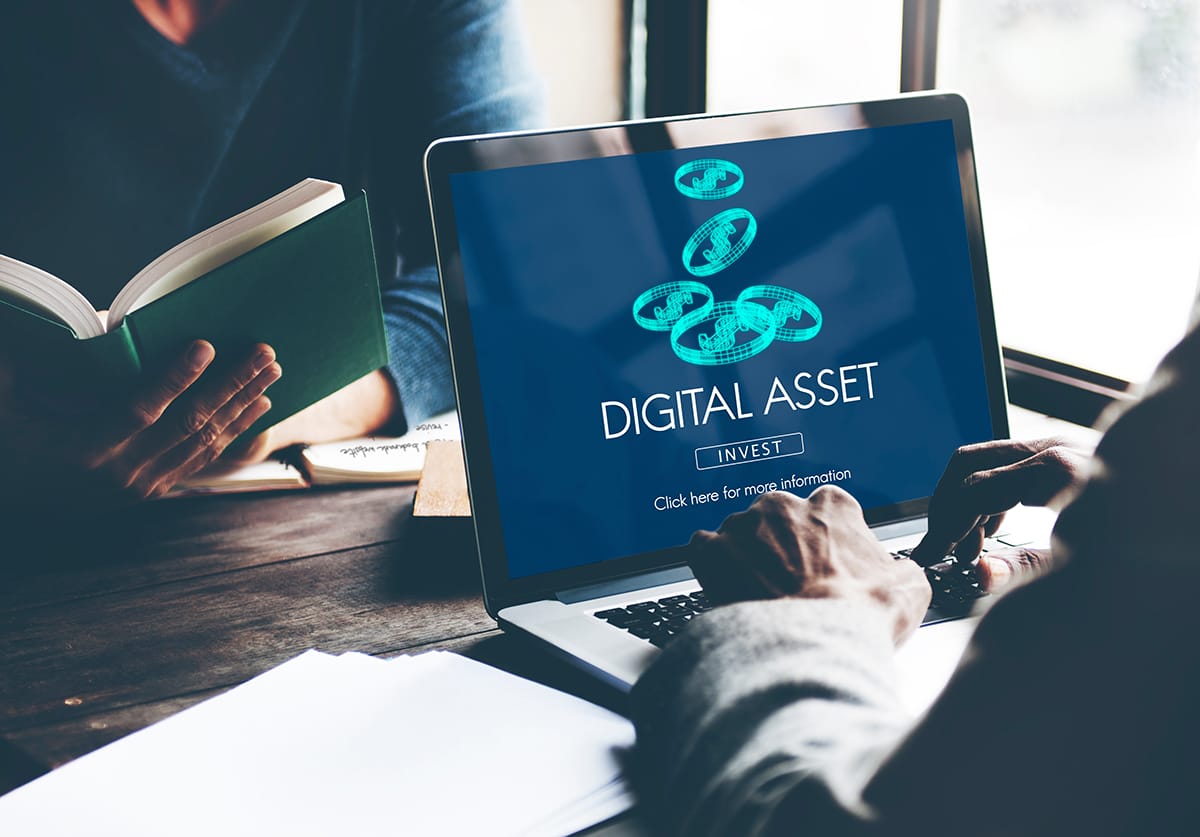Accountants are considering the full scope of digital assets
Digital assets and blockchain, a shared public ledger that makes it possible to record transactions and track assets, have come a long way since the first bitcoin transaction more than 14 years ago. With hundreds of millions of digital asset users worldwide, accountants are staying on top of the ever-changing digital asset landscape.
But accounting professionals are also looking beyond crypto assets and considering the full scope of digital assets, particularly as regulations are beginning to be put in place.
“A lot of people think of digital assets, and they automatically think of just bitcoin alone, but it’s a lot more than that,” says Yoland Sinclair, CPA, senior manager, Audit & Assurance Services, Deloitte, and contributor to the AICPA Digital Assets Working Group.
According to Sinclair, accountants can break down digital assets into three categories:
1. Digital record—An electronic record secured using cryptography for verification and security purposes so that it’s only accessible to the sender and intended recipient.
2.Blockchain—A technology or tool to store data. A good way to think of it is as a ledger to store digital records, similar to a general ledger an accountant would use.
3.Tracking—Digital assets can also be used for more than a means of exchange or storing value. For example, they can be used as a tracking tool to monitor the transportation of goods, votes in an election, and even for identity purposes.
Although many of these uses are in the early stages, Sinclair points out that there’s great potential for accounting professionals beyond Bitcoin or Ethereum.
For more information, contact Holmes & Company, LLC at cholmes@holmescpas.com
As seen in the AICPA-CIMA Journal October 2023


